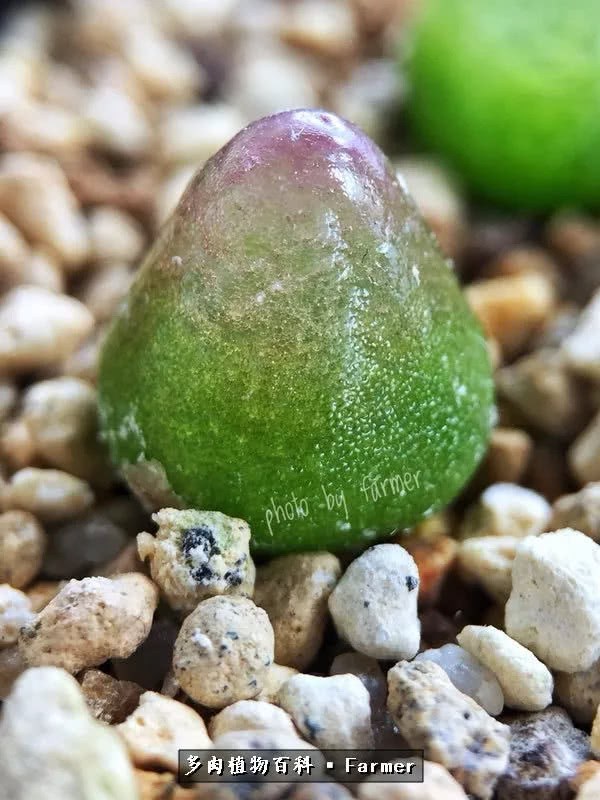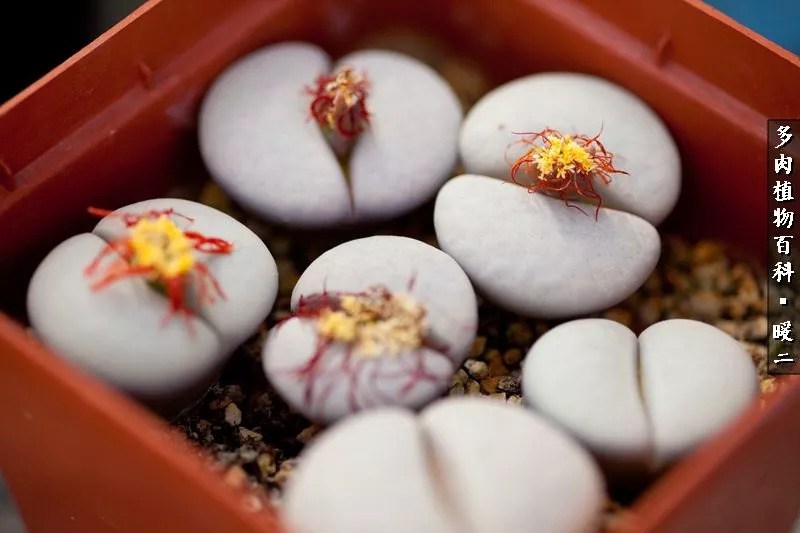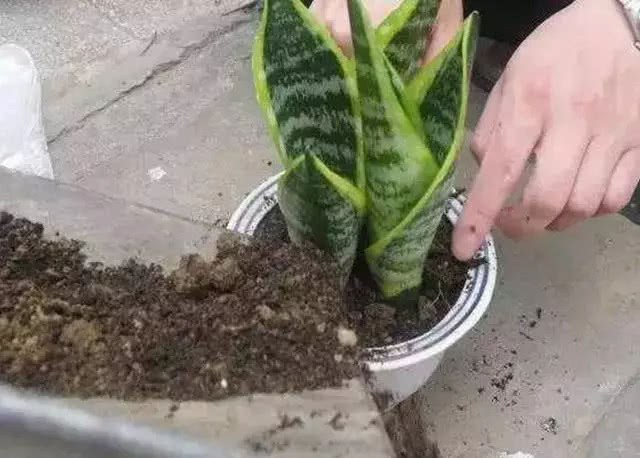Wash and incense the succulent bulbs and apply facial masks to remove the old skin.

Preface
Follow encyclopedia to meet beauty (WeChat account: duoroubaike)
The text begins:
Thank the author [Farmer] for his original and exclusive license to share.
Part of the content source: Xianzhenyuan
Editor: encyclopedia
Coordinates: Shanghai Changning
Succulent bulb is a succulent plant belonging to the genus Amygdaceae. The epidermis is translucent bright green, dormant in summer and red in a sunny environment. With the growth of the plant, the new plant gradually expanded, and the old leaves gradually thinned and shrunk, wrapped around the new plant like a layer of Kraft paper.
In the hot summer light bulb will enter the dormant period, although the dry old leaves wrapped in the outside do not look beautiful, but they can resist the strong ultraviolet damage to the young plants in summer, and absorb water from the moist air, which plays an important role in protecting the new plants. so don't peel it off easily. When the new plant grows up in autumn, the Kraft paper-like old leaves will gradually shed off and restore their crystal clear state.
However, if you are a newly purchased light bulb, obsessive-compulsive disorder may not be able to stand the old leaves like Kraft paper. This article will teach you how to remove the old leaves from the outer layer of the light bulb.
Next, let's wash the incense of the light bulbs, make them crystal bright, and look forward to the birth of a box of candy (dangerous moves, do not imitate! Especially those with shaking hands)
Throw the new light bulb into the water for about 3 to 5 minutes, depending on the thickness of the old skin, then gently rub it with your hands and clean it.
You know how small it is? don't shake your hands.
If you think it is too uncreative, then share the magic skill of peeling a light bulb ~ apply a mask!
Preparation: cotton pads, scissors, water, tweezers, cotton swabs
Process: first cut the cosmetic cotton into small squares, soak it in clean water, cover it on the light bulb (similar to a girl's mask), thoroughly soften the old skin for about 5-8 minutes, tear off the old skin with tweezers, and finally wipe the crumbs on the skin with a wet cotton swab.
Considering that some male single dog lovers do not have cosmetic cotton, it is recommended to use paper towels instead, softness and fit will be better, after all, it is only the effect of moisturizing and softening the surface skin.
Finally, I would like to share my personal experience in raising light bulbs:
If the light bulb seedlings are properly mixed with soil and watering, they will grow very fast. The 0.5cm seedlings I bought will be 0.7~0.8cm in two months, so I suggest that flower friends buy their own seedlings.
First, when it comes to mixing soil, my soil is very simple: 50% of Pinnell peat (0~10mm), 30% of Xinjiang white vermiculite (2~4mm), 20% of mixed particles (1 part of red jade, 1 part of light stone), and then mix well with appropriate amount of rice husk charcoal.
If you water it, Xiao Miao, I came on the same day and watered it thoroughly on the same day. The light bulb likes to be wet and afraid of moisture, and the epidermis is very thin. If it is wet for a long time, the bottom epidermis is easy to crack and dissolve water. Therefore, the daily watering maintenance is best if the soil surface can be dry for 3 to 5 days.
The seedlings are not divided into seasons, but they must be well ventilated and blown by electric fans. Operate in the air-conditioning room in summer, the lower the temperature, the faster the root, generally a week can take the basin.
Appreciation statement
This article is pure sharing, the author did not open appreciation, do not forget to read the bottom right corner of the small likes to encourage the author oh!
This article has been exclusively authorized by the author Wechat official account: succulent Plant Encyclopedia (ID:duoroubaike), the content of the article does not represent the official account's point of view and position! Encyclopedia has signed a contract with a third-party Internet copyright protection company to open a network-wide protection of rights, unauthorized reprinting of other platforms is strictly prohibited! If the theft is found, the tort will be held responsible! Netizens are welcome to report!
Advertising ADVERTISEMENT
Succulent culture needs you and me to promote it! Remember to share more articles to make more people fall in love with succulent plants! Use the power of plants to influence and heal the people around us!
- Prev

A series of experiences on the conservation of raw stone flowers in Nuaner: raw stone flowers to spend the summer
The preface follows the encyclopedia meets the beautiful (WeChat account: duoroubaike) text begins: thank the author [warm two] for the original license to share source: Xianzhen Yuan Editing: encyclopedia coordinates: Tianshui City, Gansu Province, the most recent flowering period, every day.
- Next

The old soil for flower cultivation is treated in this way, and it is full of nutrients and fertilizer, so that it is better than nutrient soil.
Autumn a lot of flowers to the growing season, the temperature is just right, but also suitable for the season of pot change, then pot change soil should be how to deal with it? Can it be recycled? If it cannot be reused, then...
Related
- Wuhan Hospital Iron Tree Blooming Result Was Instantly Frightened by the Gardener Master
- Which variety of camellia is the most fragrant and best? Which one do you like best?
- What is the small blue coat, the breeding methods and matters needing attention of the succulent plant
- Dormancy time and maintenance management of succulent plants during dormancy
- Minas succulent how to raise, Minas succulent plant pictures
- What are the varieties of winter succulent plants
- How to raise succulent plants in twelve rolls? let's take a look at some experience of breeding twelve rolls.
- Attention should be paid to water control for succulent plants during dormant period (winter and summer)
- Watering experience of twelve rolls of succulent plants
- Techniques for fertilizing succulent plants. An article will let you know how to fertilize succulent plants.

